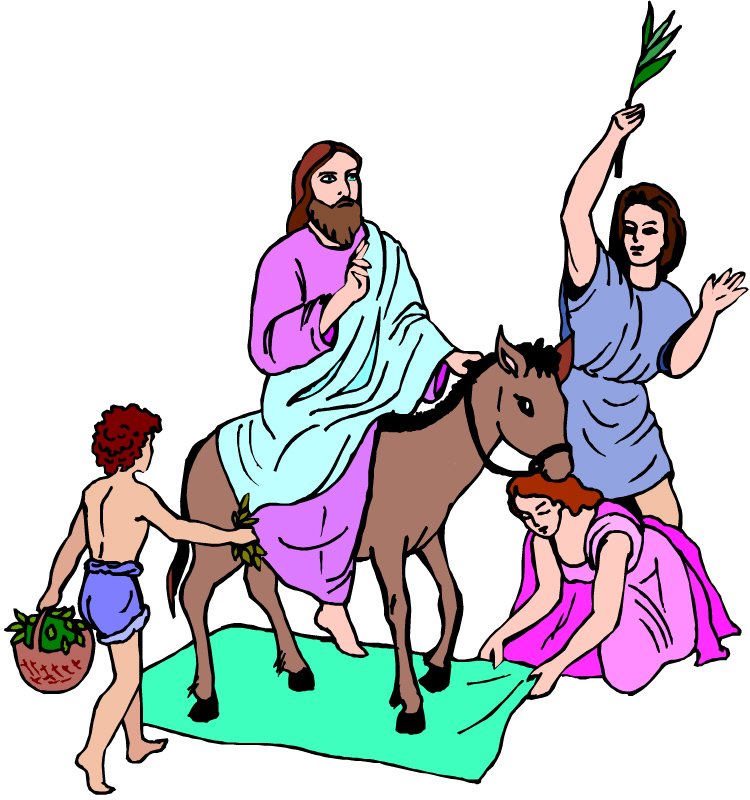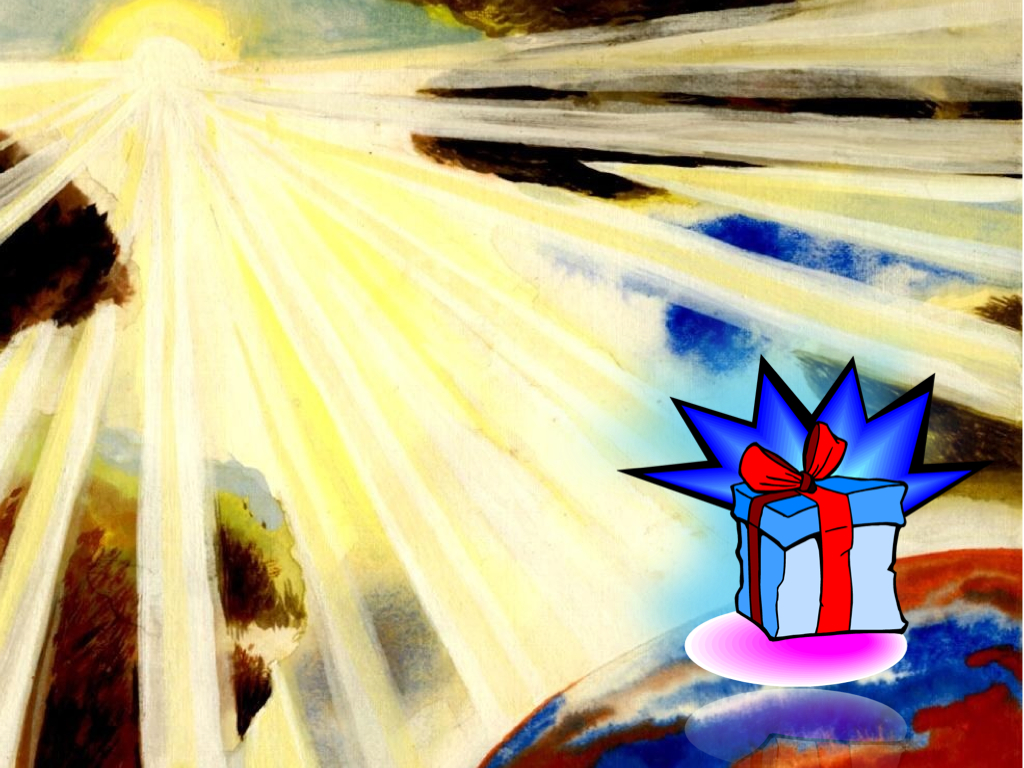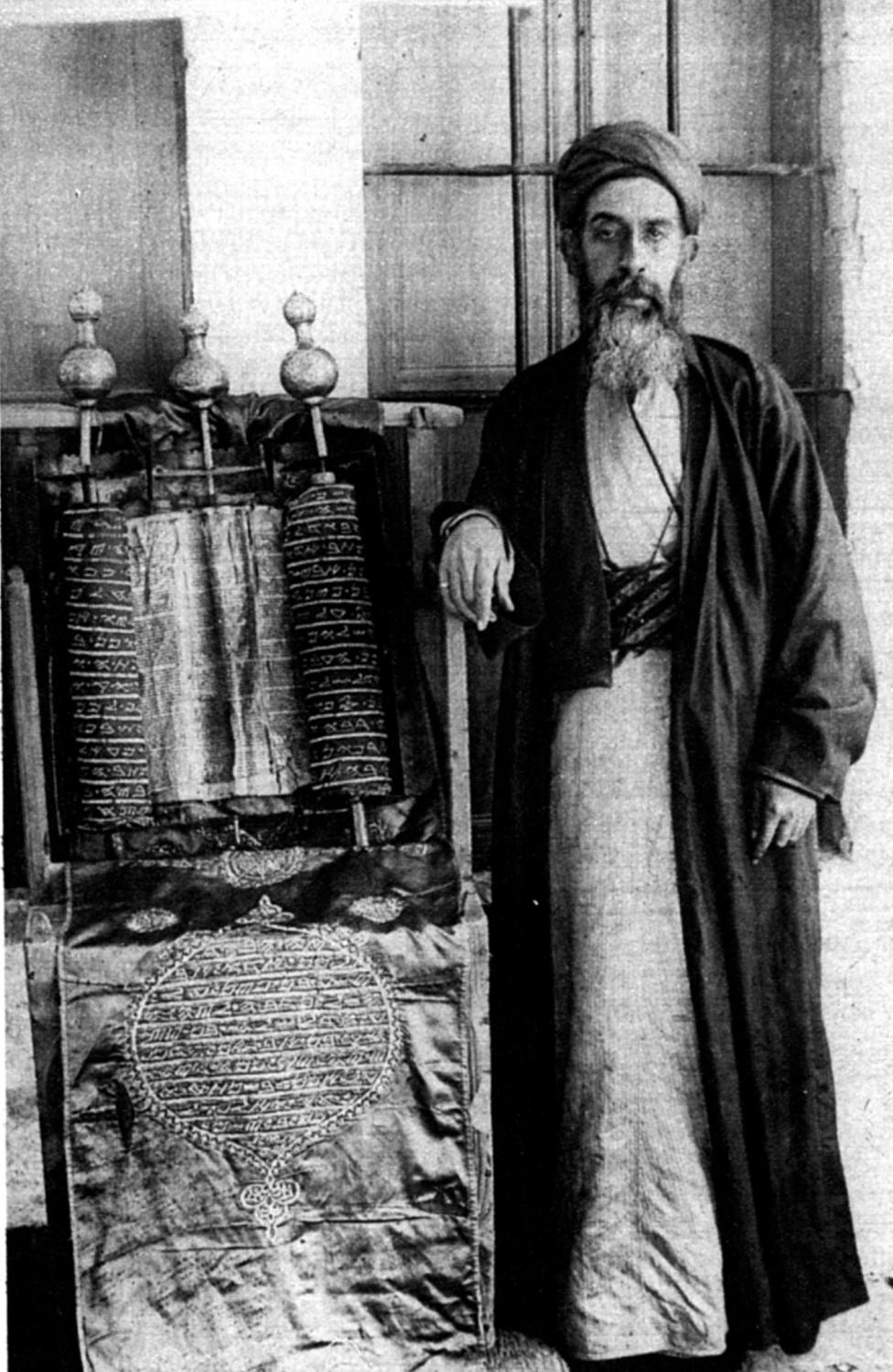Matthew 21:9, Hosannah in the highest. The simple Hebrew phrase hoshana rabbah has more depth and spiritual significance than first meets the eye. Let’s explore it.
First of all, it was this phrase—hosanna in the highest—(Heb. hoshana rabbah) that the crowds of Jews exclaimed as Yeshua entered Jerusalem riding a colt in Matthew 21:9 (also Mark 11:9; Luke 19:38). This event has become known as Yeshua’s “Triumphal Entry.”
The phrase hoshana rabbah, in part, derives from Psalm 118:25, a psalm which is called the Great Hallel (Heb. meaning “praise”), and was the climax of a series of psalms that the priests would proclaim or sing from the temple in Jerusalem on various feast days including the Feast of Tabernacles.
Psalm 118 is a prophetic psalm, which speaks of the coming Messiah who was the hope of the Israelite people. The words of this psalm prophetically points to Yeshua the Messiah in every way. That’s why the crowds proclaimed “hoshana in the highest, ” at Yeshua’s entry into Jerusalem, for upon him, they had pinned their highest hopes of a Messianic figure who would deliverer them from their oppressors (in this case, the Romans).
The actual Hebrew words in Psalm 118:25 are ana YHVH hoshiah na, which can be translated as “I beg you YHVH save now,” (Green’s Interlinear), “Save now, I pray, O YHVH” (KJV), or “O [YHVH], please save us!” (The ArtScroll Stone Edition Tanach).
The phrase “Hosanna in the highest” was an added exclamation of the people, and is not a direct quote from the Tanakh. In Hebrew it would be hoshiana rabbah or hoshanna rabbah, which, according to Jewish understanding, is the name of the seventh or last day of the fall biblical Feast of Tabernacles (or Sukkot).
It was on this “last great day” of the Feast that the joyous water pouring ceremony occurred, and when the Jews prayed to receive rain from heaven to water their crops including the latter (spring) rains and the former (fall) rains. In the arid region of the land of Israel, rain was received as a gift and a favorable blessing from heaven, since it meant that the crops would flourish and famine would be averted.
Prophetically, the rains of Hoshana Rabbah speak of a time when during the Millennium (of which Sukkot is symbolic picture) YHVH will pour out the rain of his Spirit (along with his Torah and his glory) upon the world, thus spiritually cleansing and refreshing mankind resulting in a great harvest of souls into the kingdom of heaven. When this occurs, the nation of Israel will be walking in spiritual communion with its Creator. This is why the Jews sang Isaiah 12:3 on Hoshana Rabbah,which declares “Therefore with joy we will you shall draw water out of the wells of salvation.”
Similarly, it was on Hoshana Rabbah (“the last day of the feast,” John 7:37–39) that Yeshua encouraged his followers to come to him as the spiritual River of Life. This would result in the dry ground of their spiritual lives being quenched, and in their becoming a river of life like him resulting in abundant spiritual fruits of salvation of lost souls coming to Yeshua (i.e. the regathering of the lost sheep of the house of Israel, Matt 10:6; 15:24).
This phrase hoshana rabbah can also mean, “save us O great one,” since the Hebrew word rabbah can mean “great one.” The term rabbi (the title for a Jewish Bible teacher) originates from this word. Rabbi literally means, “my great one,” which is why Yeshua forbad his disciples (and us) from taking this word as an ecclesiastical title for themselves, or from calling someone else by that title (Matt 23:8). This is a title that should be reserved only for Yeshua himself (Matt 23:10)!
Hoshana rabbah in its fullest sense means “I pray, I beseech thee to open wide, free, succor, deliver,help, preserve, rescue, bring salvation, bring victory, save greatly, in abundance, increasingly, or please deliver us Great One.”








